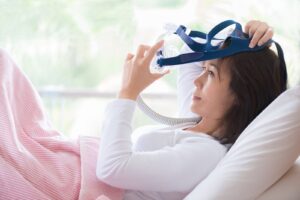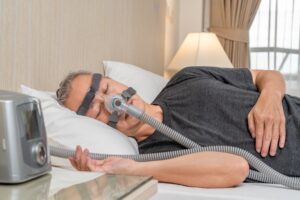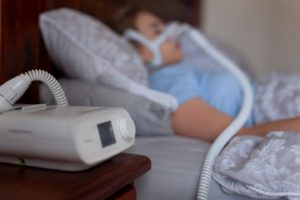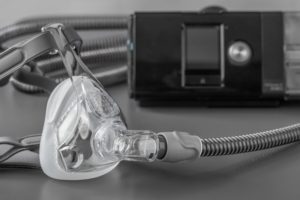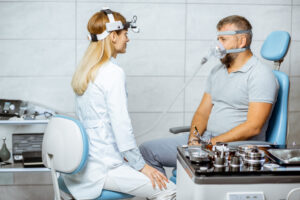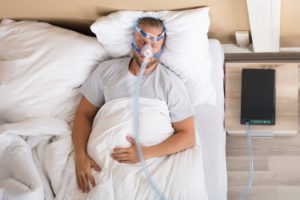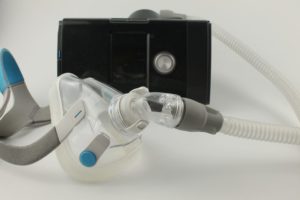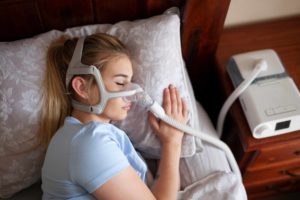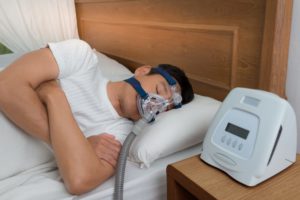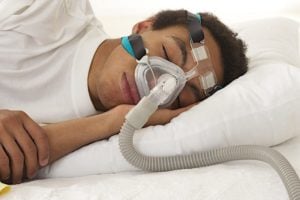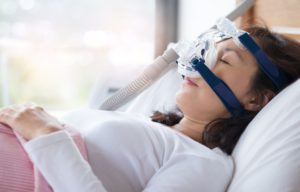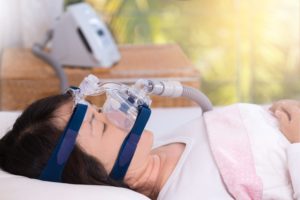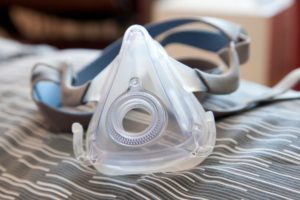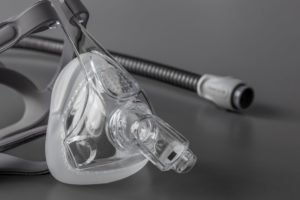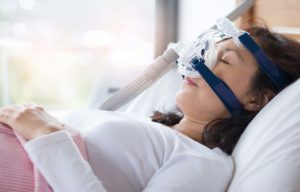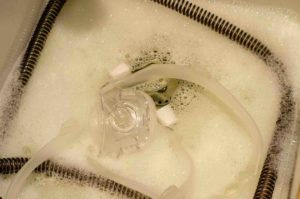Can You Get a CPAP Machine Without Insurance?
How to Shop Smart Without Insurance
Whether you don’t have health insurance, don’t have coverage for a CPAP, or just want to avoid the headaches of dealing with your insurance company, you may be considering the possibility of buying a CPAP machine on your own.
Thankfully, options exist for you to get a CPAP machine without insurance. And in many cases, buying without insurance can even save you money. You’ll have more flexibility in deciding where to shop and what model to purchase.
Before jumping in, it’s helpful to get informed about shopping for a CPAP device without relying on insurance. We cover all the key details to help you get started and find a quality CPAP machine.
How Much Does a CPAP Machine Cost Without Insurance?
Without insurance, the average out-of-pocket price for a CPAP machine is between $500 and $1,000. The final price for any specific device depends on the brand and model and the corresponding functions and features.
This price generally includes the CPAP device itself, a built-in humidifier, and an initial set of basic accessories like a mask, tubing, and filter. As we’ll discuss in a later section, special headgear, heated tubing, and replacement accessories almost always have to be purchased separately.
The cost of a CPAP machine is often quite different when purchased directly rather than billed to insurance. In some cases, the price charged to an insurance company can be several times higher than the price for individuals. This can dramatically increase out-of-pocket costs for people with high deductibles.
When shopping without insurance, the price range for a CPAP device, tubing, and a mask can vary significantly based on the manufacturer and design.
| Product | Average Price |
|---|---|
| CPAP Machine | $500 to $1,000 |
| Tubing | $5 to $50 |
| CPAP Mask | $30 to $200 |
How to Buy a CPAP Machine Without Insurance
You typically have more flexibility and less red tape when buying a CPAP machine without insurance. While you’ll still need a doctor’s prescription to buy a CPAP device, shopping without insurance offers more options for what to buy and where to buy it.
What to Buy
Besides the actual CPAP device, you’ll need several accessories to actually start CPAP treatment. These include the mask, tubing, and a filter.
In most cases, your initial purchase will come with these essential items so that you can get your device set up. However, you will have to pay for replacements for these accessories over time as they wear out or get dirty.
Optional products that you can purchase to enhance your experience using a CPAP machine include:
- Mask inserts or cushions
- Headgear or straps that help hold the mask in place
- Heated tubing to reduce condensation when using heated humidification
- Tube holders meant to keep tubing from getting tangled or pinched under your body
- Products to help clean your CPAP machine, including a tube brush, mask wipes, or CPAP-safe soaps
- Special pillows means to increase comfort when wearing a CPAP mask
Where to Buy
The main way to buy a CPAP machine without insurance is through an online or brick-and-mortar medical supply store. Many local, regional, and national companies offer durable medical equipment like CPAP devices. You’ll generally find the largest selection online.
Regardless of where you shop, you must have a prescription to buy a CPAP machine. Make sure to work with a company with experience in sleep equipment. Working with a reputable company can ensure you get the service and support you need, including if you have any technical issues with your device.
Because a CPAP machine is a piece of medical equipment, it is not advisable to buy from unauthorized retailers. You should also avoid buying used CPAP machines since it is difficult to confidently verify their overall condition and cleanliness.
What to Consider
As you start shopping, you’ll want to keep a few items in mind when comparing different options:
- The type of machine, such as a CPAP, APAP, or BiPAP
- The kind of mask you prefer, such as a full-face mask, nasal pillow, or nasal mask
- The features of the device, including pressure ramp and other pressure adjustments
- The warranty offered by the device manufacturer
- The policies for shipping and returns
For some issues, such as the type of device and mask you need, your doctor can often provide helpful recommendations. An experienced CPAP retailer can also help you understand your options and the logistics related to receiving your device and future technical support.

